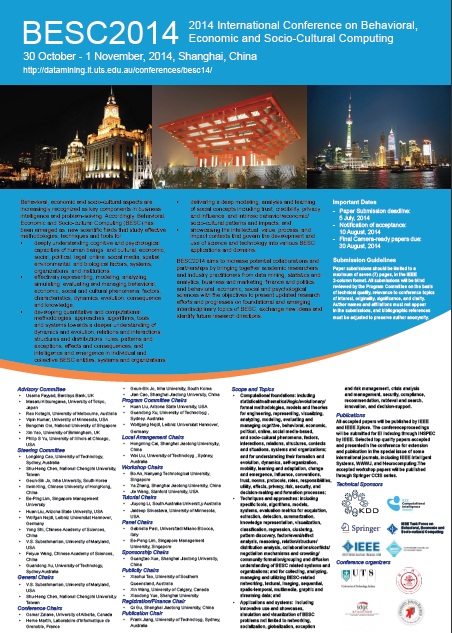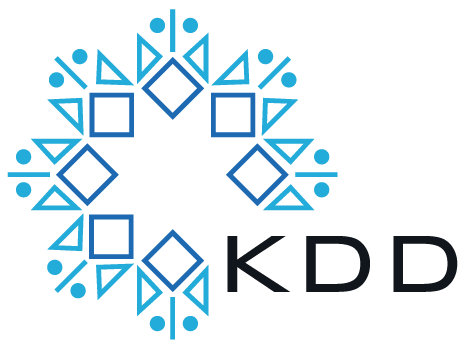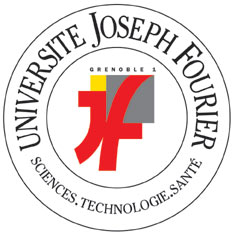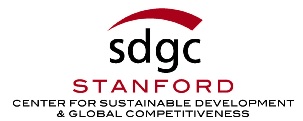![]()
Dr Usama Fayyad
Barclays Bank, UK
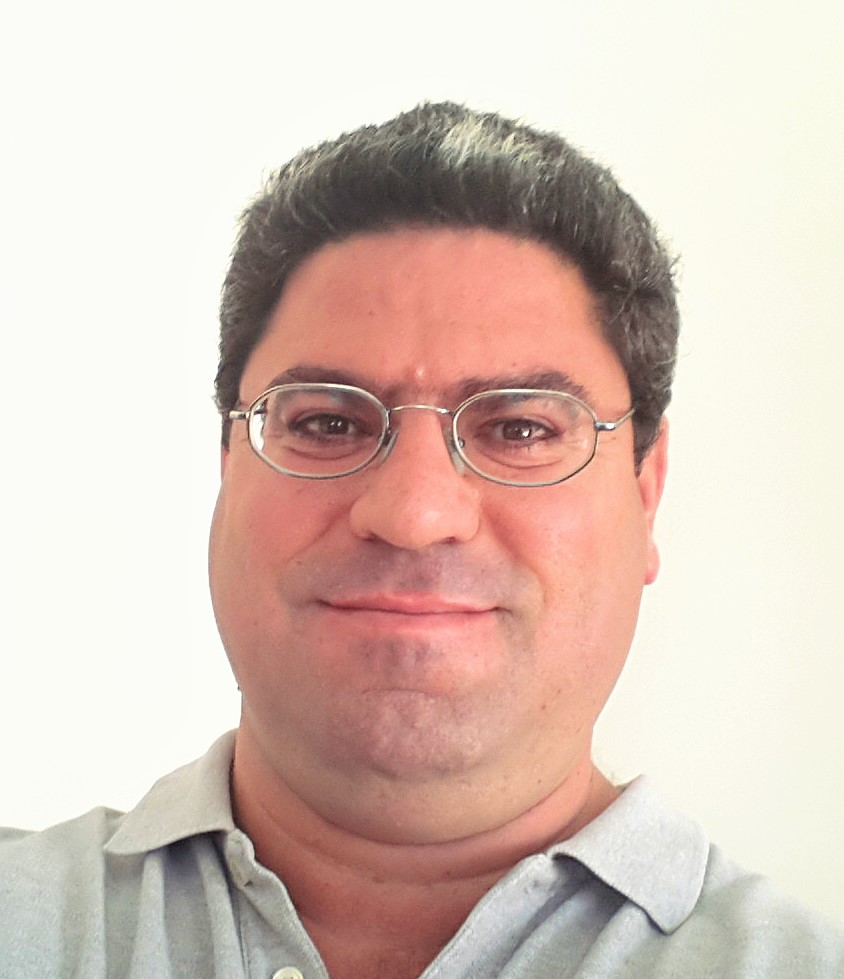
Prof Ofer Azar
Ben-Gurion University of the Negev, Israel
Relative thinking
The talk will present evidence showing that when people consider different sellers of the same good, or differentiated goods that differ in price and quality, they exhibit a decision-making bias of “relative thinking”: relative price differences affect them even when economic theory suggests that only absolute price differences should matter. This result is obtained in several experiments with different populations and different consumption categories. Sometimes subjects are affected only by relative price differences (“full relative thinking”) and sometimes also by absolute price differences (“partial relative thinking”). This behavior has implications for various research areas, including economic psychology, behavioral economics, judgment and decision making, marketing, consumer behavior, advertising, and industrial organization.
Prof. Ofer Azar received his Ph.D. in economics from Northwestern University and is now an Associate Professor at Ben-Gurion University of the Negev. His main research areas include behavioral economics, experimental economics, business strategy, industrial organization, and certain aspects of academic publishing. Prof. Azar is the Editor of the Journal of Behavioral and Experimental Economics (formerly the Journal of Socio-Economics), an Associate Editor in the Journal of Economic Behavior & Organization and the Journal of Economic Psychology, and an Advisory Board Member in the SSRN Journals in Behavioral & Experimental Economics. Prof. Azar serves as the President of the Society for the Advancement of Behavioral Economics (SABE) and is the Chairperson of the Executive Committee of The International Confederation for the Advancement of Behavioral Economics and Economic Psychology (ICABEEP). He is also the Head of the Multidisciplinary Specialty in the Department of Business Administration and the Teaching Committee Chairperson of the Guilford Glazer Faculty of Business and Management at Ben-Gurion University of the Negev. In a recent ranking of economists whose first publication appeared in the last 10 years, Prof. Azar was ranked 69th. In 2008 one of his articles was chosen by The New York Times as one of the important ideas of the year, and in 2009 he won the Toronto Prize for Research Excellence of Young Researchers.
![]()
Professor Dirk P. Kroese
School of Mathematics and Physics
The University of Queensland, QLD 4072
Monte Carlo Methods for Big Data and Big Models
Many quantitative problems in science, finance, and engineering are nowadays solved via Monte Carlo methods. Examples range from job scheduling and robot design in industrial engineering, chemical kinetics and charge transport in science, to option pricing and portfolio selection in economics and finance. Monte Carlo methods have dramatically changed the way in which statistics is used in today’s analysis of data, in particular in the presence of increasing complex data. In this talk I will explore how Monte Carlo methods can be used to effectively solve complicated sampling, estimation, and optimization problems. I will give examples of Monte Carlo methods for spatial data generation, charge transport simulation, and the construction of optimal tessellations.
Dirk P. Kroese is a professor of Mathematics and Statistics at The University of Queensland, Brisbane, Australia. He is the co-author of several influential monographs on simulation and Monte Carlo methods, including Handbook of Monte Carlo Methods and Simulation and the Monte Carlo Method, (2nd Edition). Dirk is a pioneer of the well-known Cross-Entropy method – an adaptive Monte Carlo technique which is being used around the world to help solve difficult estimation and optimization problems in science, engineering, and finance. He is a Chief Investigator in the recently announced Australian Research Council Centre of Excellence in Mathematical and Statistical Frontiers for Big Data, Big Models and New Insights (ACEMS). His web address is http://www.maths.uq.edu.au/~kroese
![]()
Prof Feiyue Wang
Chinese Academy of Sciences
Social Computing and Computational Societies: An ACP based Approch for Smart and Parallel Economic Systems
Fei-Yue Wang received his Ph.D. in Computer and Systems Engineering from Rensselaer Polytechnic Institute, Troy, New York in 1990. Dr. Wang has been a researcher, educator, and practitioner of intelligent and complex systems for over 30 years.
He joined the University of Arizona in 1990 and became a Professor and Director of the Robotics and Automation Lab (RAL) and Program in Advanced Research for Complex Systems (PARCS). In 1999, he found the Intelligent Control and Systems Engineering Center at the Institute of Automation, Chinese Academy of Sciences (CAS), Beijing, China, under the support of the Outstanding Oversea Chinese Talents Program from the State Planning Council and “100 Talent Program” from CAS, and in 2002, was appointed as the Director of the Key Lab of Complex Systems and Intelligence Science, CAS. From 2006 to 2010, he was Vice President for research, education, and academic exchanges at the Institute of Automation, CAS. Since 2005, he is the Dean of the School of Software Engineering, Xian Jiaotong University. In 2011, he became the Director of the State Key Laboratory of Management and Control for Complex Systems.
Dr. Wang has published extensively in modeling, analysis, control and management of complex systems. His current research is focused in methods and applications for parallel systems and social computing. He was the Founding Editor-in-Chief of the International Journal of Intelligent Control and Systems from 1995 to 2000, the Series on Intelligent Control and Intelligent Automation from 1996 to 2004, and IEEE Intelligent Transportation Systems, and the EiC of IEEE Intelligent Systems from 2009 to 2012. Currently, he is the EiC of IEEE Transactions on ITS. Since 1997, he has served as General or Program Chair of more than 20 IEEE, INFORMS, ACM, ASME conferences. He was the President of IEEE ITS Society from 2005 to 2007, Chinese Association for Science and Technology (CAST, USA) in 2005, and the American Zhu Kezhen Education Foundation from 2007-2008. Since 2008, he is the Vice President and Secretary General of Chinese Association of Automation.
Dr. Wang is member of Sigma Xi and an elected Fellow of IEEE, INCOSE, IFAC, ASME, and AAAS. In 2007, he received the 2nd Class National Prize in Natural Sciences of China and awarded the Outstanding Scientist by ACM for his work in intelligent control and social computing. He received IEEE ITS Outstanding Application and Research Awards in 2009 and 2011, respectively.
![]()
Dr Ravi Kumar
Google
Some Patterns in Online Behavior
In this talk we study patterns in online user behavior. We focus ontwo interesting cases: repeat consumption in online settings anddirections queries issued on maps. For repeat consumption, we analyzethe patterns by which a user consumes the same item repeatedly overtime, in wide variety domains ranging from check-ins at the samebusiness location to re-watches of the same video. We develop atemporal re-consumption model that depends on historical behavior andstudy its various properties. For direction queries, we focus on therestaurant-visiting process, where a user chooses one among severalalternatives. Here, we develop a spatial choice model that capturesthe interplay of the restaurant’s distance, rank, and the intrinsicrestaurant quality.
